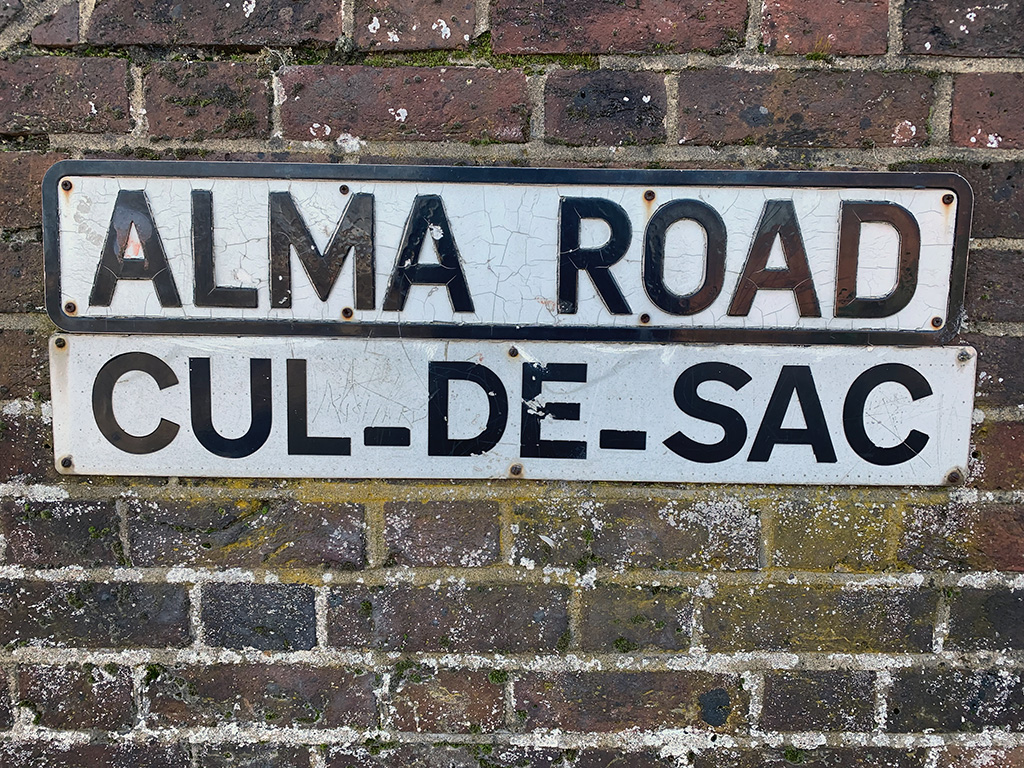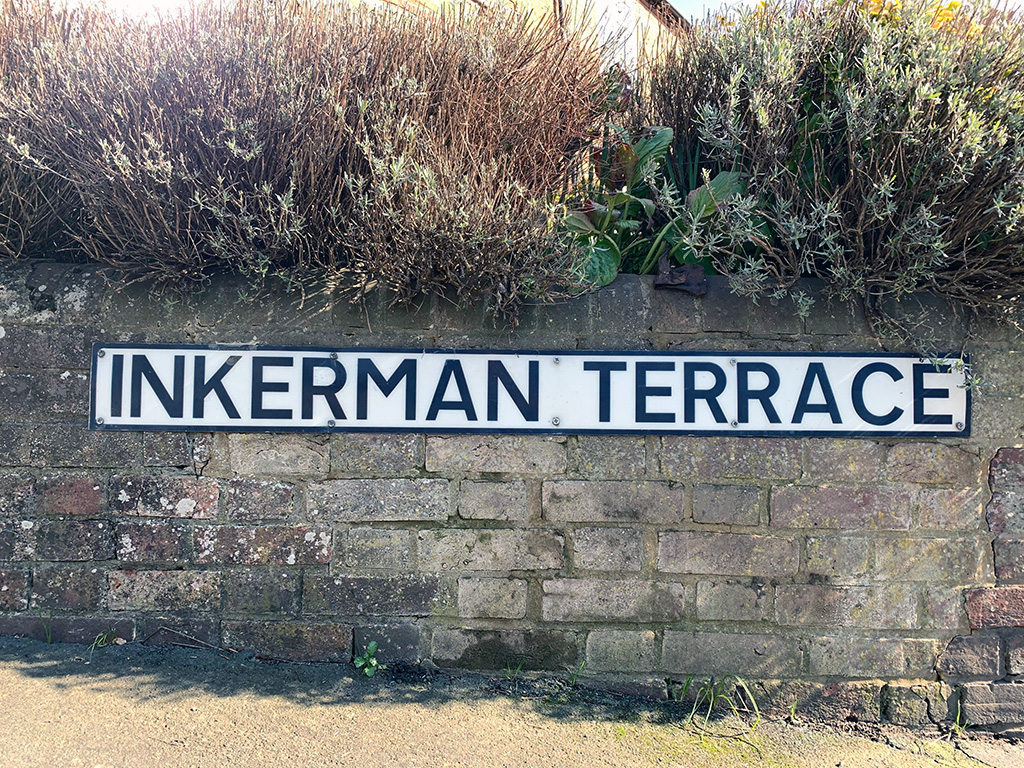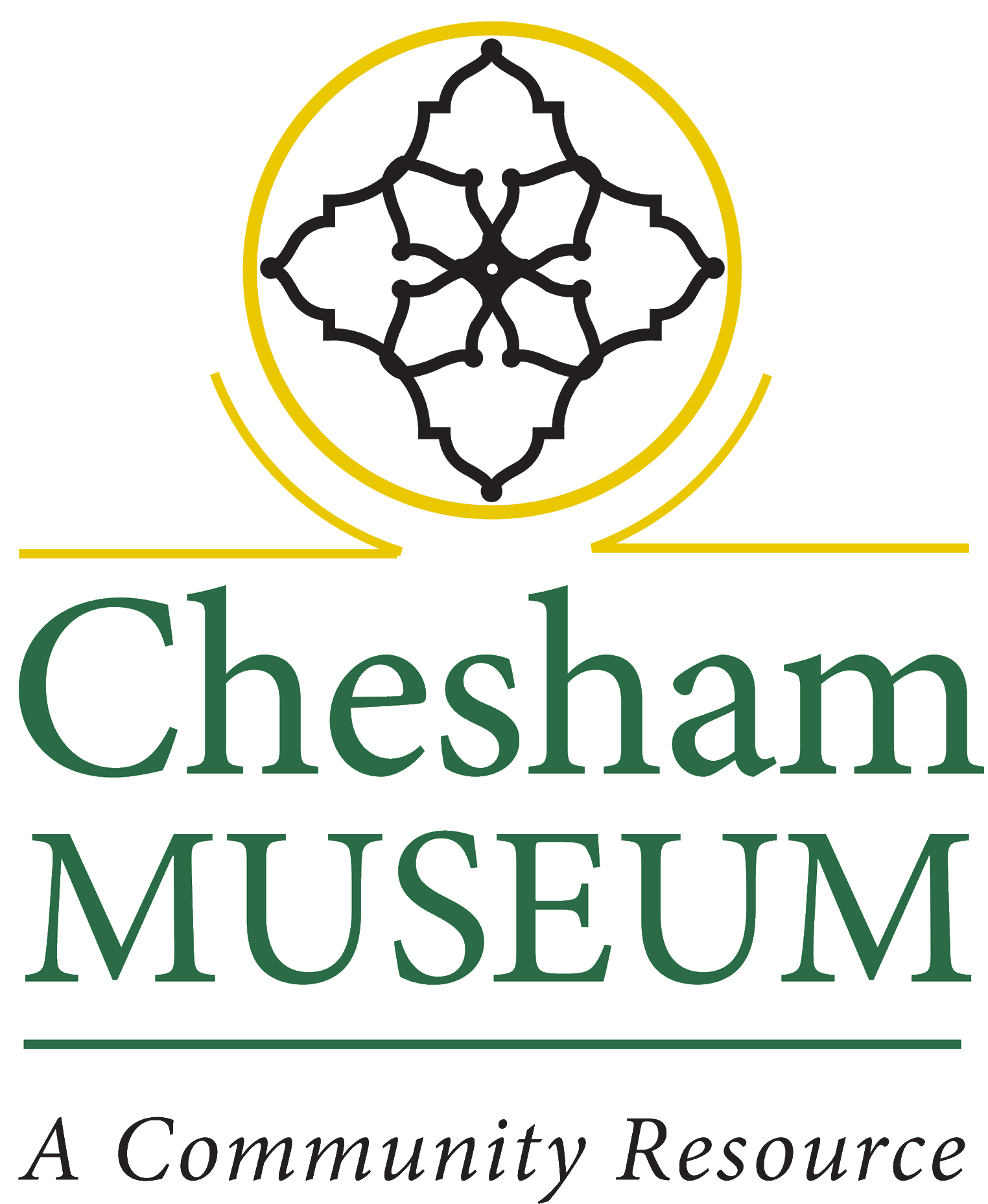Local links between Chesham and the Crimea
There was a time just over 150 years ago when people from Bucks went to fight the Russians in the Crimea. There are even two roads in Chesham named after the Crimea. This is the story…
The Crimea War
Between 1854 and 1856, British, French and Ottoman (Turkish) forces fought the Russians in the Crimea, to thwart the threat of further Russian advances along the Black Sea into Moldavia and beyond.
The Crimea War consisted of the Bombardment of Odessa April 22, 1854; the Sea of Azov campaign May to November 1855; Battle of the Alma September 20, 1854; Battle of Balaclava October 25, 1854, which included the Charge of the Light Brigade; Battle of Inkerman November 5, 1854; and the Siege of Sebastopol which ended in 1855. These were all reported in newspapers.
Reports of the bitter cold led people to knit woollen headgear to send to the troops, and these are now still known as Balaclava helmets. The courageous role of Florence Nightingale and her nurses also attracted huge interest, and led to improvements in nursing.
Local Bucks newspapers published some letters, which were written home by men in the field:
James Pratt
James Pratt of Chartridge, near Chesham, a gunner and driver in the 8th Company of the 11th Battalion of the Horse Artillery penned a letter from the camp by Sebastopol on August 19, 1855. He wrote: “I have sent you in this letter a piece of Russian bread. It is very black, and no Englishman could eat it. It came from Tchernaya. We had sharp fight there on the 16th. The Russians made an attack on us. It is near Balaklava… but I thank the Lord that I am through it. I hope I shall be able to tell you more about it some day.” He died in Waterside in 1901 aged 73, and is buried at Chesham.
John Newtown
Many men never came home. John Newtown of Chesham was a member of the Royal College of Surgeons, and was one of the staff surgeons in the Crimea, where he “was most zealous and indefatigable in the discharge of his professional duties”. He died of the fever at Scutari Hospital in Istanbul, on January 26, 1855. In July 1856, his sisters placed a window in St Mary’s Church, Chesham in his memory, featuring the biblical stories of Jesus healing the sick.
Henry Dell
Many men also came home injured or shell-shocked. A sad case was reported in January 1867 when an inquest was held at the Boot Inn, Buckland Common, near Chesham into the death of Henry Dell. He “was 34 years of age, and had served in the 65th Regiment of Infantry throughout the Crimean campaign. He took part the siege of Sebastopol and in the battles of Inkerman, Balaclava, and Alma, for all of which he was awarded medals.” On discharge from the army, he worked as a ploughman and housekeeper for the farmer Mr O. Bell, but “his health generally was not good” and was “found lying dead in the rickyard”.
Some local people still have family stories handed down the generations about forebears fought in the Crimea:
Moses Grove
Moses Grove of Chesham was a Crimean veteran, who was remembered for settling in Amy Lane, Chesham. He was a wood turner who specialised in wooden spoons, and was famous for his tall stories. Moses Grove died in 1878, aged 69 and is buried in Chesham cemetery.
Robert Spurling
Jean Podbury of Chesham, said that he great-grandfather Robert Spurling, served in the 62nd Foot Regiment in the Crimea at the Siege of Sebastopol. He retired to Chesham and lived in Germain Street. He died in 1904 aged 67, and is buried in Chesham cemetery.
Girls’ names
The Crimea War popularised two girls’ names. The name Alma became popular as people named their daughters after the Battle of the Alma; and the name Florence became popular as people named their girls after Florence Nightingale, whereas Florence Nightingale got the name simply because she was born in Florence in Italy.
Local roads

Other reminders of the Crimea War are hidden in plain sight. After the Crimea War, many new roads and even pubs were named after battles of the Crimea. Reminders of the Crimea War in this area can be found at Inkerman Drive and Inkerman Hill in Hazlemere. There are roads called Alma Road in Burnham and Windsor, and in Windsor there is also a pub called “the Alma”. There is an Inkerman Street in Luton, and St Albans has an Inkerman Road and an Alma Road.
Chesham roads named after Crimean battles

Chesham has two Victorian roads named after different places in the Crimea: Inkerman Terrace, is a cul-de-sac in Waterside, named after the Battle of Inkerman; and Alma Road off Berkhampstead Road, in Newtown, is named after the Battle of the Alma.
If you have other connections please let us know.
This article is a modified form of one first published in the pages of the Bucks Free Press, Amersham and Chesham edition, on May 6, 2022.


